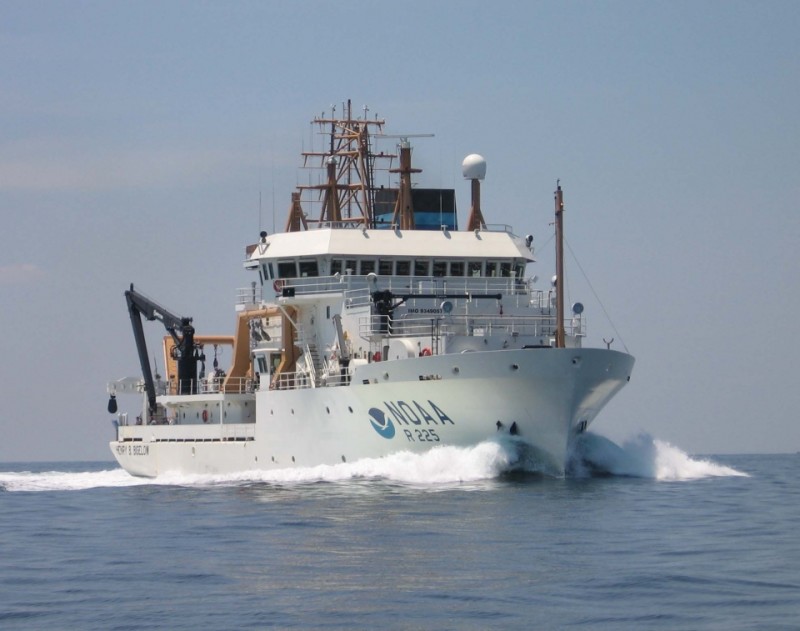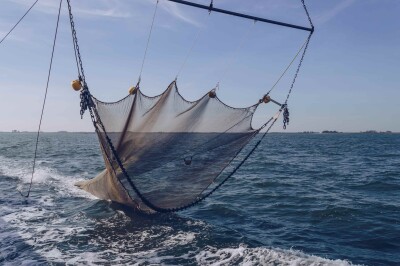The National Oceanic and Atmospheric Administration is convinced that fish stocks in New England are declining, and they’re regulating fishermen into oblivion as a result.
There’s no evidence that they’re right. In fact, NOAA doesn’t have any reliable evidence at all. The agency has not completed a full survey of New England fish stocks in four years. The government’s recent attempts to jump start the process are floundering.
I’m leading a new coalition of lobstermen, fishermen, and fishing-adjacent businesses called the New England Fishermen Stewardship Association (NEFSA). We launched this advocacy group, which is open to all industry stakeholders and friends of fishing and the marine environment, because federal regulators are grossly mismanaging our fisheries and pose a lethal threat to fishermen and the oceans. NOAA’s ham-handed effort to gauge the health of the biomass in New England is one such example.
As National Fisherman readers probably know, NOAA sets quotas for particular species based on data it collects from its research vessels. NOAA’s research vessel for the Northeast and the Mid-Atlantic is the Henry B. Bigelow, homeported in Newport, R.I. The ship is currently conducting the northeast spring bottom trawl survey.
NEFSA recently learned that Bigelow is only running trawls during the daytime. This is a basic mistake that will skew the government’s read on the fish stocks. Juvenile haddock and black backs, for example, are far more active in the evening. In the daytime they are practically dormant and hold to particular spots the trawls are unlikely to capture. This is fishing 101.
Without evening trawls, it seems inevitable that NOAA will falsely conclude that haddock and black back juvenile populations are in decline. Cuts to authorized landings will follow. Bear in mind, NOAA slashed the haddock quota a staggering 82 percent effective May 1.
What’s more, if trawls are run only during daylight hours, it’s not clear how Bigelow will complete the required number of trawls necessary for a fulsome survey.
Here in New England, the start of Bigelow’s northeast spring bottom trawl survey was delayed three times. Owing to lost time, NOAA plans to shrink the survey area in Georges Bank and the Gulf of Maine by 30 percent. Reducing survey coverage is never optimal and could further skew data the agency collects.
It's worth noting here that we fishermen cover far more water than does NOAA. We fish hundreds of miles of marine habitat each voyage. Thus, we have the best sense of the stocks. Despite these facts, NOAA has never invited us to support their data collection efforts.
At this rate, owing to shoddy tactics, reduced trawls, and diminished coverage, it seems inevitable that Bigelow will produce a small and inaccurate data set. This will make four years in a row without a complete survey of the fish stocks. How can NOAA justify any regulatory action at all when it is working off of a data set that is woefully incomplete?
Remember, the agency has lately promulgated its harshest quota cuts in recent memory without complete data sets. It bears asking – why is the federal government driving fishermen off the water without any evidence?
Sen. Susan Collins, R-Maine, asked Commerce Secretary Gina Raimondo about all this at a recent oversight hearing, and warned Raimondo that NOAA quotas might not reflect the actual state of the stock (NOAA is a component agency of the Commerce Department). NEFSA recently sent a letter notifying the senator that Bigelow is still not at full operating capacity weeks after she raised the issue with Raimondo.
Collins also encouraged NOAA to collaborate with fishermen on quota-related data collection at the oversight hearing. That’s a sound idea. I would be glad to host NOAA scientists and data collectors on my boat, as would many members of NEFSA. Barring that, I’m happy to advise NOAA principals or the crew of the Bigelow on best practices to maximize their trawls and ensure they collect accurate data.
Though I have made this offer in the past, I renew it now with special urgency and implore NOAA to work constructively with NEFSA before it announces new dictates that will wipe out our livelihood, our maritime heritage, and the thousands of onshore workers who count on us.
Jerry Leeman is CEO of the New England Fishermen Stewardship Association and captain of the F/V Teresa Marie.






